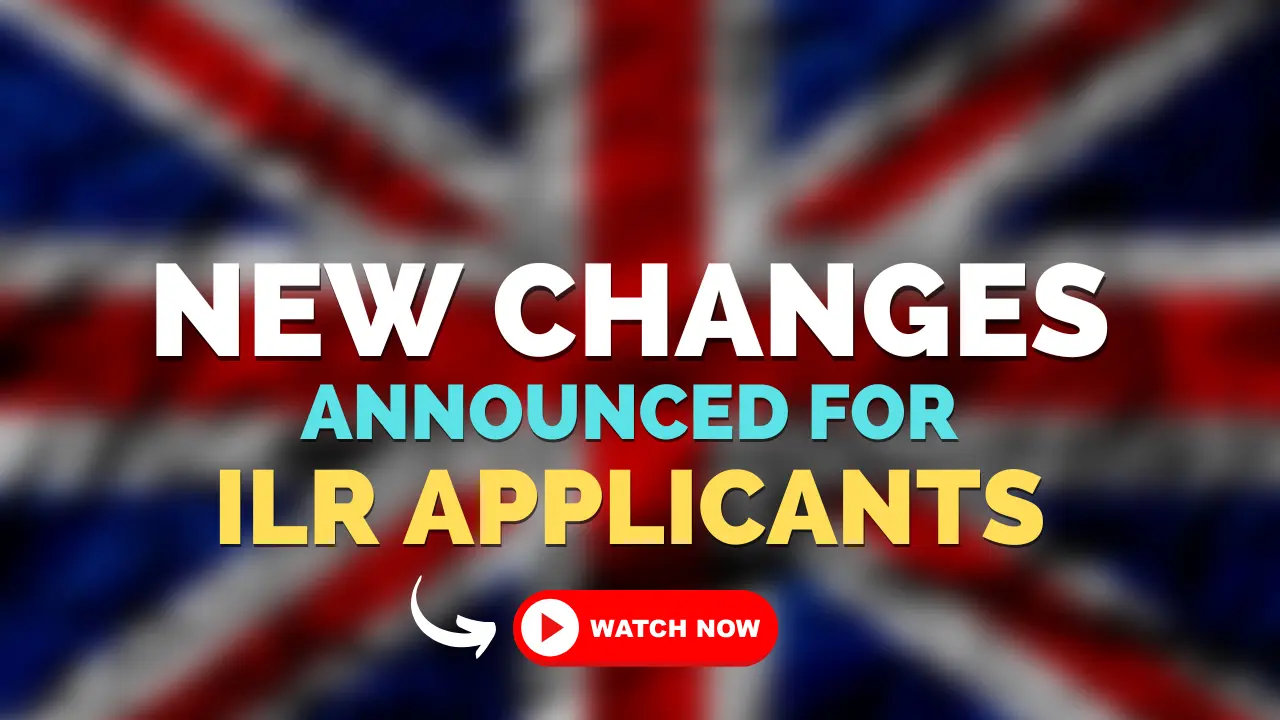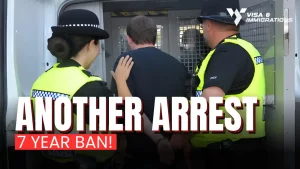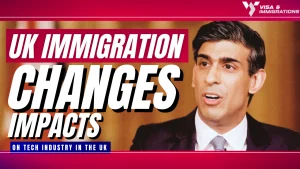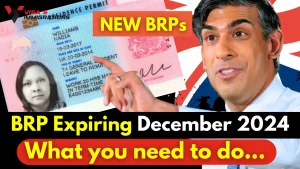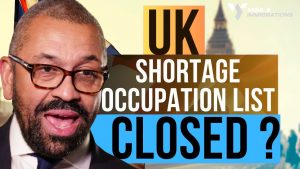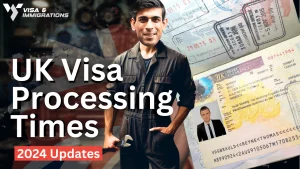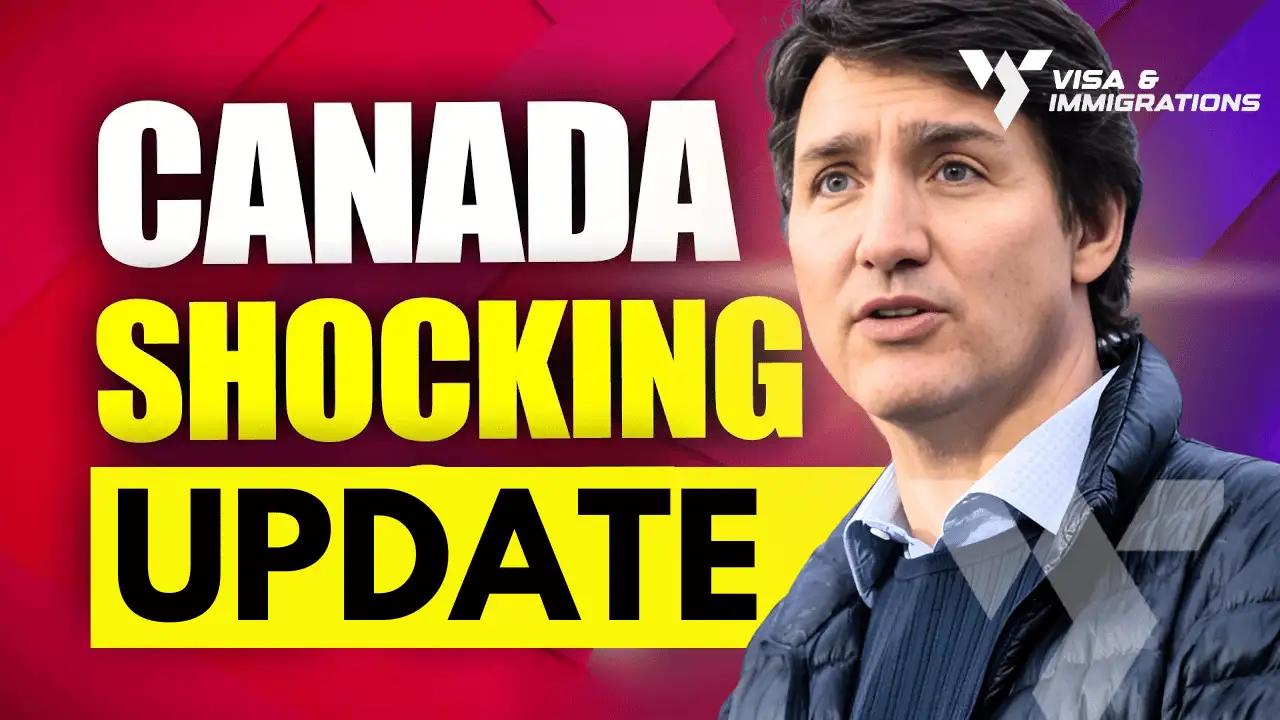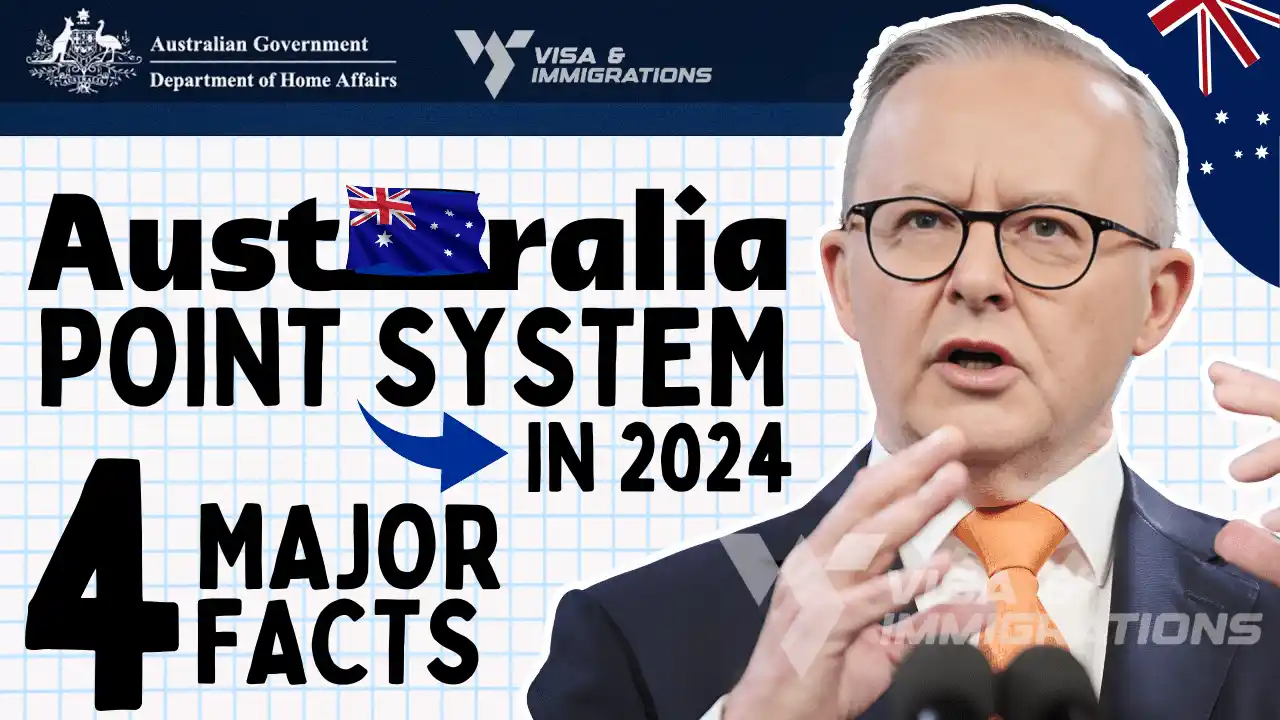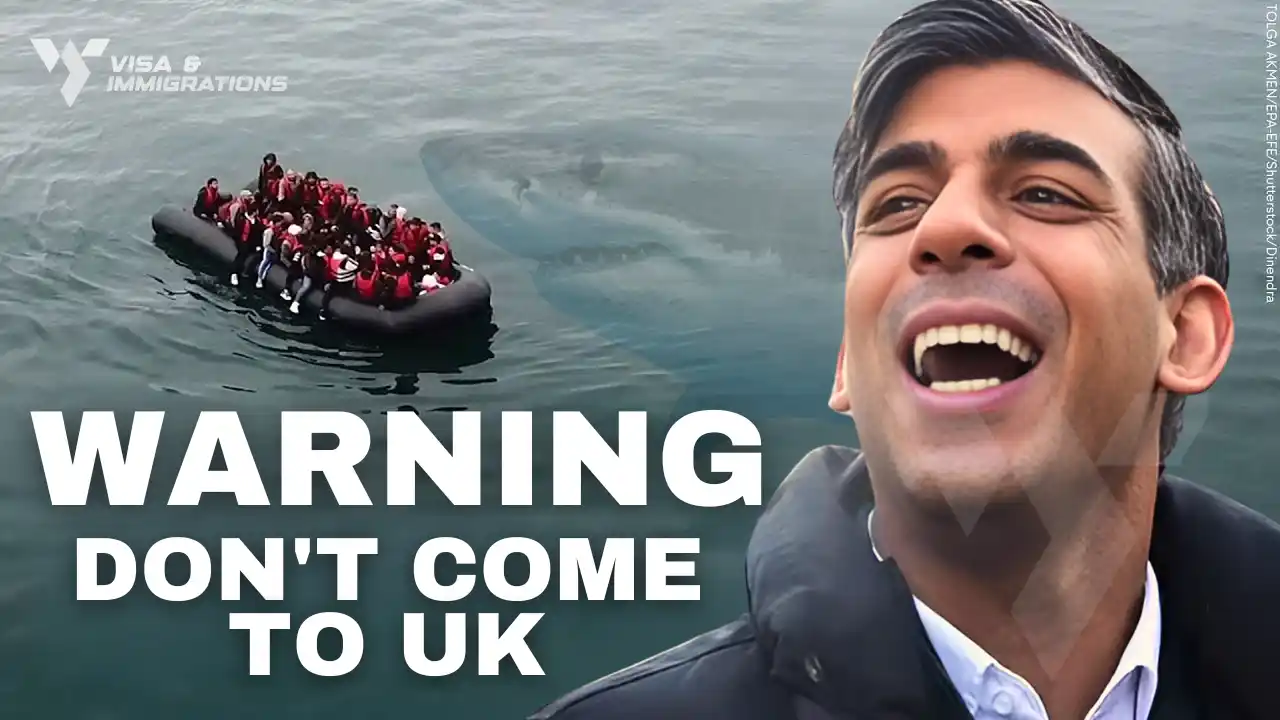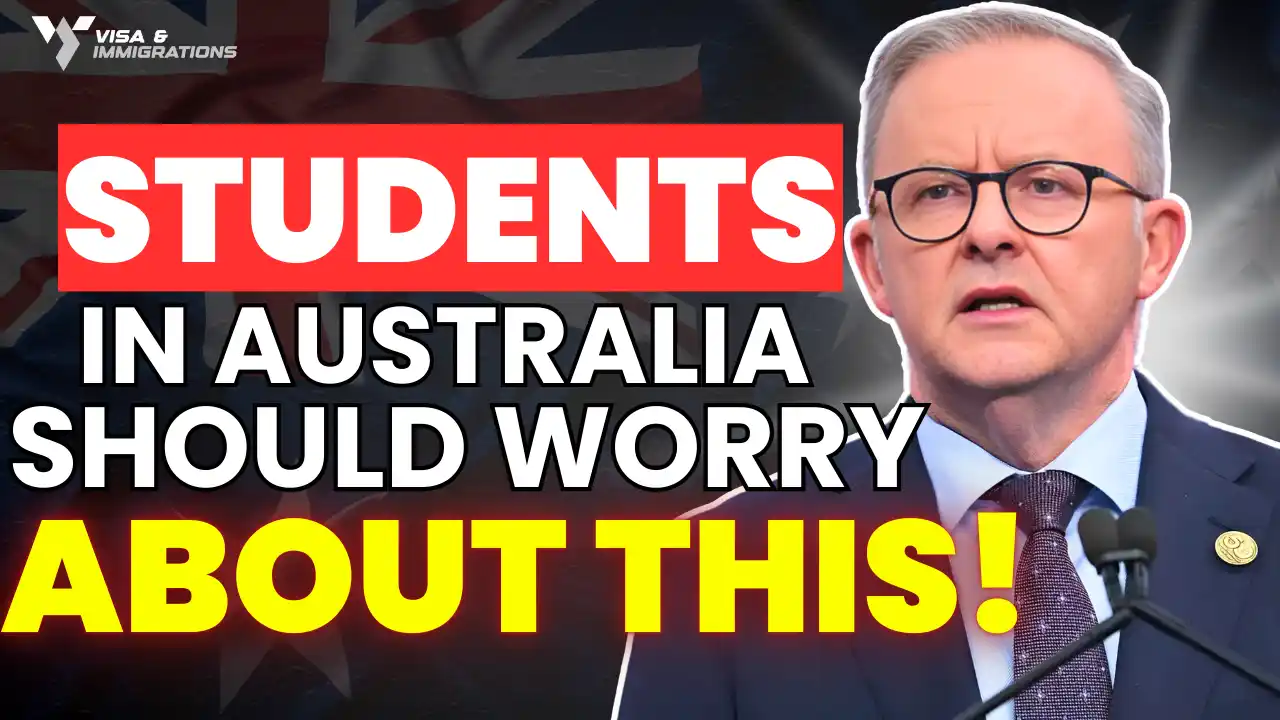This Blog will inform you about the new guidelines issued by the Home Office on varying a Settlement ILR application and granting permission to stay.
A new guideline has been published by the Home Office on when a decision maker should vary an application for settlement or indefinite leave to remain and instead grant permission to stay, Version 1.0 was published for the staff of the Home Office on 24 June 2022.
To Which Applications Does This Guidance Apply?
Under the Immigration Rules, the new guidance on varying a settlement or ILR application and granting permission to stay applies to the following categories:
- Appendix Innovator
- Appendix Private Life
- Appendix FM
- Appendix Family Life
- Appendix Hong Kong British National (Overseas)
The guidance is applicable if the applicant does not fulfill the obligations for settlement in the UK but satisfies the suitability and eligibility criteria, to grant further permission on their present route.
If the suitability requirements are not met, this could also apply to applications under Appendix Settlement Family Life and Private Life.
In this Blog, we will also inform you about the recent changes and will explain more strict suitability requirements.
The basic aim of this guidance is to assure that an applicant who does not meet the requirement for settlement but does meet the requirement for permission to stay is not refused status.
What Is The Process Of Consideration?
The new guidance on varying a settlement or ILR application and granting permission to stay sets out the stages in the process.
First of all, the decision-maker should look at the settlement application.
Suppose the applicant does not meet the requirements, before refusing. In that case, the decision-maker must consider whether the applicant meets the suitability and eligibility requirements, to grant further permission to stay on the route they are on presently.
If the applicant meets the suitability and eligibility criteria for permission to stay then the caseworker must record it on the system, as it will vary their application from an application for settlement to one for permission to stay. In any variations, it will be evaluated if the applicant is required to pay the Immigration Health Surcharge. If the applicant is exempt, this must be noted. This may apply to the applicant who is a minor child, under the custody of a local authority.
What If The Settlement Application Is Refused?
The guidance ensures that if an applicant meets the requirements for permission to stay, then he must not be refused outright without further consideration. Reasons, why the requirements for settlement are not met, must be explained.
If the applicant did not meet the requirement for settlement, then the application for settlement must not be refused. If it is denied, then it would end any section 3C leave and in the future, the applicant would not be able to qualify for settlement and will break continuous residence. The reason should be explained why the applicant did not meet the requirement for settlement and it must be explained why and which requirement is not met in settlement refusal letter.
This is the end of today’s blog update. We hope you found this blog useful. Please don’t forget to support us by subscribing to our newsletter and sharing this blog with your friends and family on Facebook, Whatsapp, and Twitter.
Recent Posts:
- What You Need To Know About Transferring To A Student
- How A Decision Can Be Challenged When There Is No
- New Updates For Innovator & Hong Kong BN(O) Pathways
- UK Plans To Announce 3 Years Work Permit
- UK Advises Applicants Not To Buy Tickets Before Getting Visa

